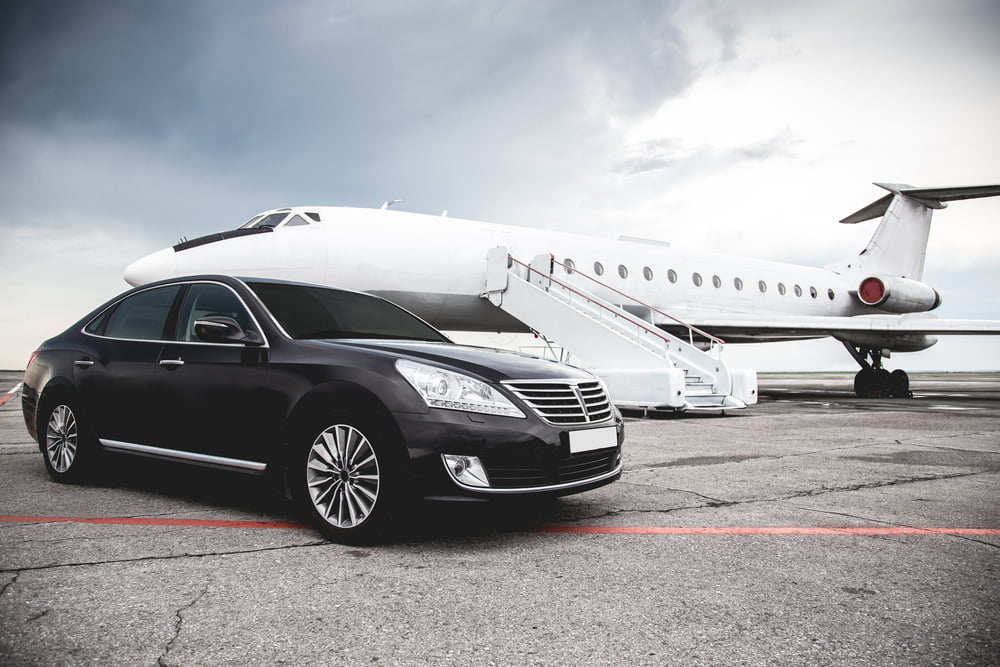Every day, five planes take off from Belgium to land elsewhere in the country.
Georges Gilkinet, the Belgian Federal Government Minister of Mobility, is working on a complete ban on domestic flights. The majority of these flights, namely 7 out of 10, are operated by private jets. Secretary Gilkinet considers this “an aberration, both ecologically and economically.” However, not everyone is enthusiastic about this idea, including Wouter Dewulf, a transport economist at the University of Antwerp.
Private jets
According to the Flemish news channel VRT, the use of private jets increased sharply in short-haul flights in Belgium and their share accounts for 71 percent of all domestic flights. Stefan Grommen (Belga) points out that within the top 10 busiest routes by Belgian private jets, we often find flights from Kortrijk to Brussels or from Antwerp to Kortrijk. These flights often involve empty aircraft, for example when a private jet from Antwerp has to transport a customer from Brussels to Switzerland. In this case, the plane must first fly to Brussels to pick up the customer.

It is essential that we do not allow ourselves to be misled by symbolic politics and superficial measures that have little impact on the real challenges of air pollution.
In “De Morgen” on Radio 1, Wouter Dewulf, a transport economist from the University of Antwerp, expressed his reservations about Gilkinet's proposal. He called it an unwise proposal and explained that he understood why the minister did it because of the polluting aspects. Dewulf itself sees much more efficient solutions. “It would be better, for example, to increase the landing tax for private jets at regional airports. Now it costs between 50 and 100 euros. Then I think: multiply that times 10 or times 20.”
Focus on clean fuels for short flights, not increased landing taxes for private jets at regional airports
In the ongoing battle against air pollution and climate change, potential solutions to reduce emissions from the aviation sector are often looked at. Also in this proposal that has attracted attention, increasing the landing tax for private jets at regional airports is a possible solution. Although at first glance this seems like a step in the right direction, it is important to take a critical look at this measure and ask ourselves whether it will actually deliver the desired results.
Increasing the landing tax for private jets at regional airports can be seen as an effort to reduce air pollution from these flights. The idea is that the higher cost discourages private jet owners from using these aircraft, reducing demand for domestic flights. However, this is a short-sighted approach that does not address the real root of the problem.
fossil fuels
It is important to understand that the air pollution and CO2 emissions from short-haul flights are not primarily caused by the type of aircraft, but by the use of fossil fuels. Rather than focusing on taxing specific aircraft, we should focus on promoting and supporting the use of clean fuels in the aviation industry as a whole.
Developing and implementing sustainable alternatives, such as biofuels and electrification, would be a more effective approach to reduce emissions from short-haul flights. By investing in research and development in this area, we can encourage the aviation industry to move to clean and renewable energy sources.
In a response to our article, Wouter Dewulf leaves via LinkedIn know that it is entirely justified to say that electric flying can be a suitable medium-term alternative to the short-haul flights often operated by private jets.
Photo: Minister of Mobility, Georges Gilkinet



